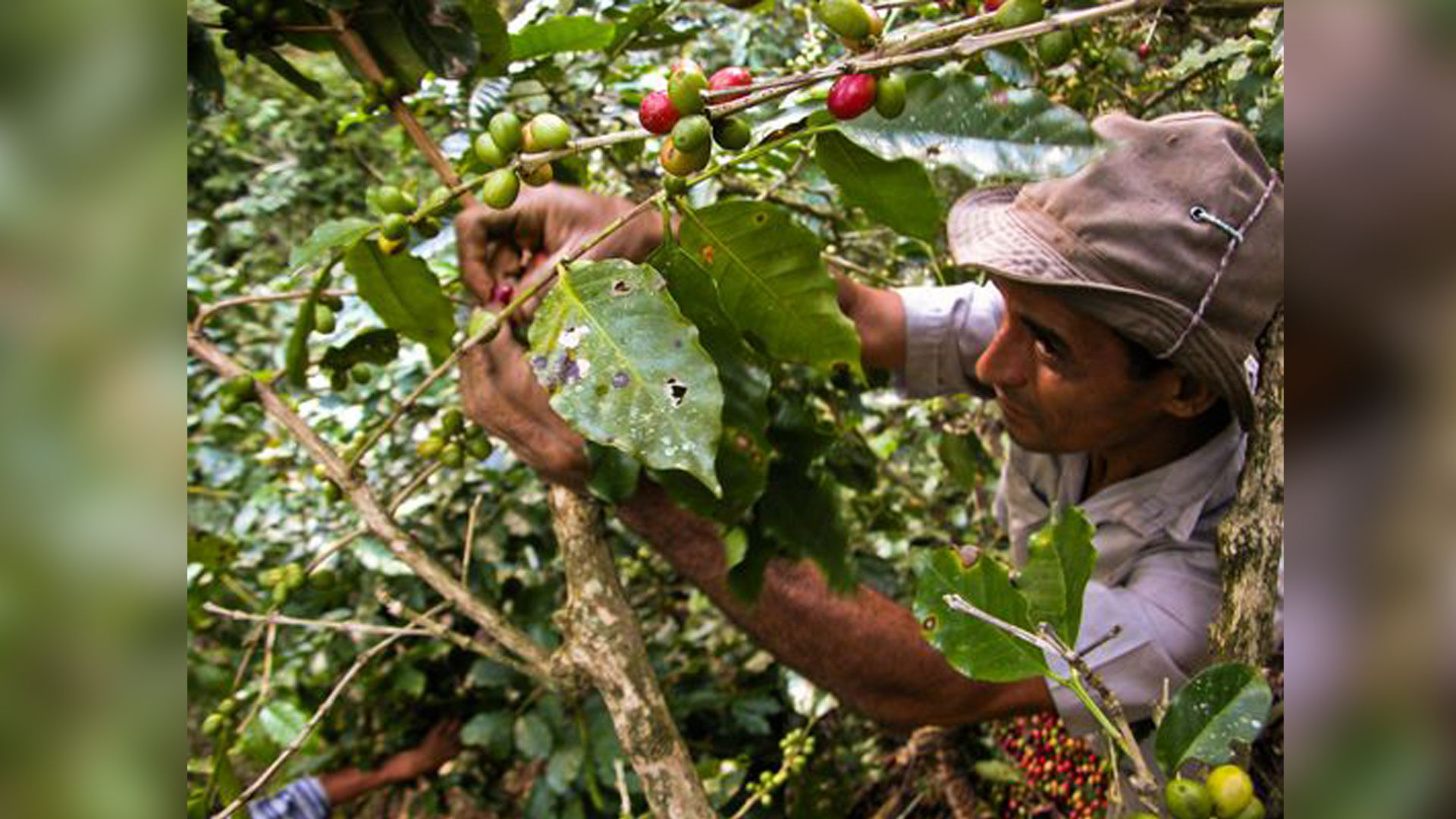The next phase of Cuba's changing relationship with the United States will come in the form of coffee.
Switzerland-based Nespresso announced Monday that it will sell Cuban coffee in the U.S. starting this fall. The long-restricted coffee will first be sold as a limited edition, called Cafecito de Cuba, in stores, online and over the phone.
Guillaume Le Cunff, president of Nespresso USA, said it's good to be the first company to provide Cuban coffee to the U.S. market. He stressed that Nespresso is more interested in developing a long-term arrangement to ensure a steady supply of Cuban coffee for U.S. customers and improved living conditions for Cuba's farmers.
"We're not looking at this as a short-term achievement," Le Cunff said Sunday. "It's the starting point of a very long-term initiative. We're very optimistic that we can drive and build this project. Ultimately, we want consumers in the U.S. to experience this incredible coffee and to enjoy it now and for years to come."
Cuba's iconic products — from coffee to rum to the island's fabled cigars — have been off limits to U.S. consumers for more than 50 years because of the economic embargo maintained on the communist country. Opportunities opened after December 2014, when President Obama and Cuban President Raúl Castro announced that the Cold War foes would begin normalizing relations.
The Obama administration has since issued new regulations allowing for more trade and travel between the countries. That included an amended regulation published in April that removed coffee from the list of items barred from being imported from Cuba.
Nespresso officials immediately took notice.
The company has already partnered with TechnoServe, a Washington-based non-profit development organization, to assist coffee farmers in Colombia, South Sudan, Kenya and Ethiopia. David Browning, senior vice president for strategic initiatives at TechnoServe, recently visited Cuba to meet with government officials and inspect the small farms where Cuba's coffee is grown.
Much of Cuba's agricultural land is managed by cooperatives of small, private farmers. They then sell their products to the Cuban government, which either distributes the goods on the island or exports them around the world. Nespresso will begin its Cuba experiment by buying coffee beans from European importers, roasting the beans, packaging the coffee in pods and selling them in the United States.
Browning said both companies examined the new regulations and saw the opening they needed.
"All that was necessary was for the lawyers to make sure they fully understood the U.S. government's intent," he said. "Everything was very clear."
The next phase for Nespresso and TechnoServe will be to help Cuba's private farmers improve their production processes, from helping them secure new agricultural equipment to fine-tuning their planting and harvesting processes. Browning said such guidance has helped farmers in other countries improve their output, which led to more income for the farmers and improved standards of living.
"We're really eager to be in listening mode and start to understand the state of industry and how we can be most helpful," he said.
Until then, the two men were eager for U.S. customers to experience the foreign flavor. Browning described Cuba's Arabica coffee beans, grown in the fertile lands in eastern Cuba, as having notes of cedar with a light, caramel finish. And Le Cunff said the exotic, forbidden aspect of the coffee is a lure itself.
"Our customers expect us to bring new coffee experiences, and they expect to be surprised," he said. "We know that with our U.S. customers, there is a high level of curiosity and excitement to have this coffee. So we expect a high level of response."


